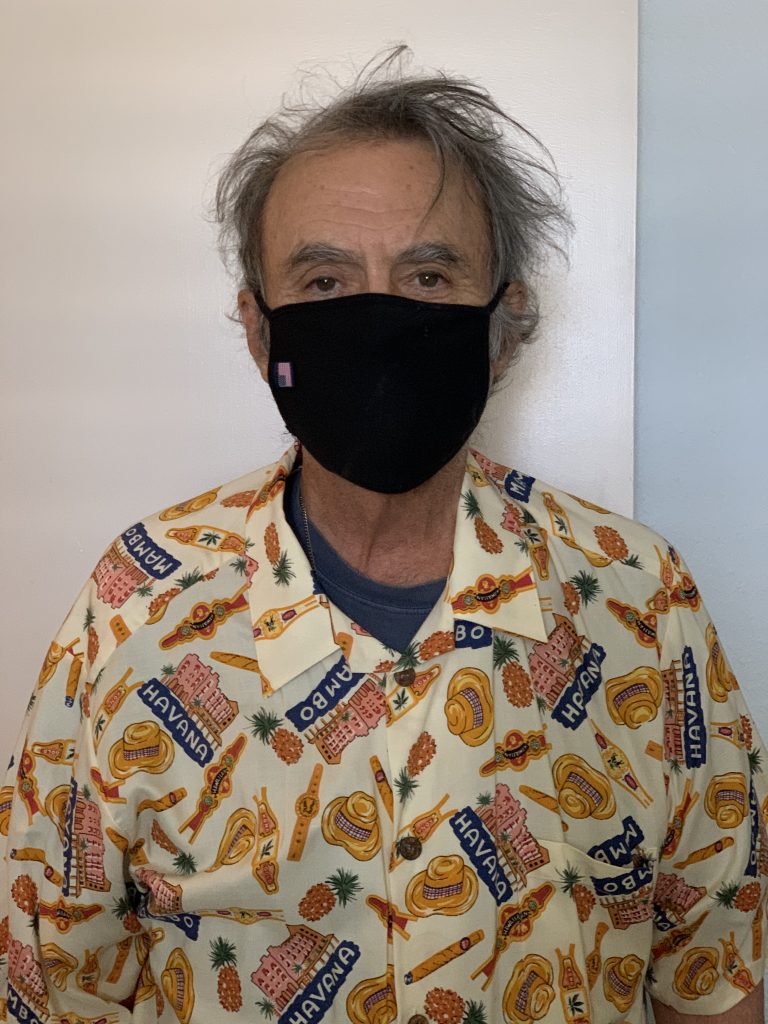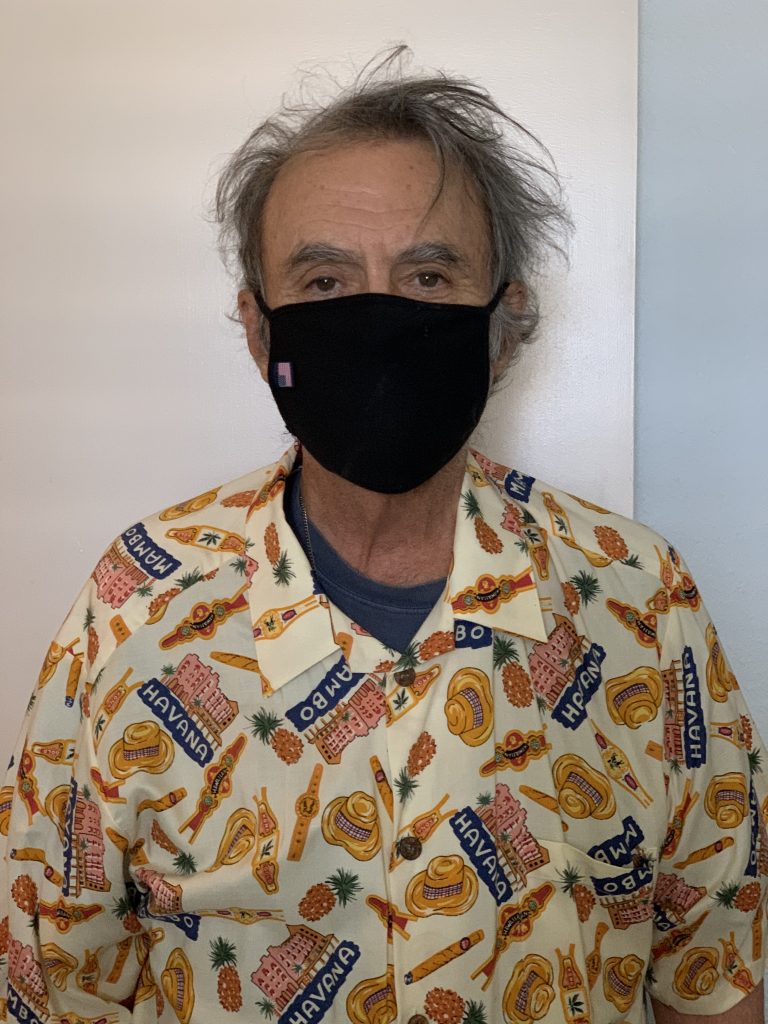Hotels Are The New Front in the Mask Wars

By Robert McGarvey
It’s not just airplanes and airports where tempers run high over commandments to wear masks. Hotels increasingly are the prime battlefield.
That’s partly because the big four US carriers – Delta, United, American, Southwest – all have come around to requiring masks most of the time. Yes, they initially had hesitation but then a sanity prevailed centered around the realization that airlines live in a no masks, no passengers universe, that is, without a stated and largely enforced mask policy, airlines were facing acres of empty seats for months to come.
Hotels have talked the talk of requiring masks – but do they really walk the walk?
Understand: guests want masks in hotels. A survey for the American Hotel & Lodging Association found 87% of us want masked hotel employees and 85% want guests to be required to wear masks in pubic spaces.
That’s in line with the CDC which has loudly asked us to wear masks to slow the spread of Covid-19.
The big hotel operators – Marriott, IHG, Hyatt, Hilton, Best Western – all formally mandate masks for guests. But face reality: a mandate from corporate HQ is one thing. Compliance on the ground in tens of thousands of scattered hotels is entirely another thing.
Evidence mounts that mask refusal is not uncommon – how could we expect otherwise when the president is a mask refuser who sometimes even harasses mask wearers?
In hotels, tensions get raised on elevators, airport shuttles, restaurants, lobbies and also in the hotel gyms that are open.
I expect tensions to keep rising because there is a vocal minority that believes they have a right not to wear a mask. They have no such right but there’s really no way to argue them out of their entrenched position.
Meantime, the rest of us have rising reasons to wear masks and to want to see those around us compliant. That’s because the incidence of the virus keeps multiplying and now in fact seems to be ticking up again. We are approaching 190,000 US deaths and known infections now number 6.2 million. This virus is nowhere near under control in the US. And even if a vaccine miraculously is ready for distribution in late fall, the vast majority of us won’t take it, according to pollsters. I am all for vaccinations and in fact have already gotten this year’s flu shot but count me as a Covid vaccine skeptic. Rushed work plus political meddling is a recipe for a deadly vaccine. Count me out, at least until maybe 9 months of use have elapsed on any vaccine released this year. The majority of Americans seem to think similarly. That means the impact of any vaccination, assuming there is one later this year, will be small.
So we are back to needing masks and sanitary procedures (hand washing for instance) because that is all we have in our arsenal.
Some hotels, too, now believe that guests don’t give a hoot about star ratings – but they are focused on the emerging sanitation ratings. There’s probably truth to that. I don’t care nearly as much about the luxury metrics that star ratings seek to capture as I do about how my health might be impacted by a hotel stay.
Which brings us back to the willful non-compliers. How are hotels handling them? Chip Rogers, CEO of AH&LA, told Hotel News Now: “Right now, hotels are (navigating) it on an individual, case-by-case basis, similar to what they would do for smoking in the lobby when that was not allowed or, back in the old days, it was ‘no shirt, no shoes, no service.’ Those types of things, hotels have always dealt with.”
One problem: most of the staff is untrained when it comes to dealing with rude guests who choose to endanger the health of other guests by ignoring commonsense rules requiring masks in public places.
What frontline staff needs is a helping hand from management. When the Delta c-suite weighed in to support mask wearing – and to threaten non compliant passengers with a “no fly” penalty exclusion – the flight attendants got exactly the help they needed.
Other airlines followed and, by now, according to The Points Guy, 877 have been put on do not fly lists by seven US carriers. Delta leads with 270 banned. (American and Southwest did not provide counts.)
Similar should happen at the big, branded hotels. Where is Marriott’s do not stay list targeting non mask wearers? Where is Hilton’s? Admittedly, hotels don’t have as much clout as carriers (pity the Atlantan who lands on Delta’s list!). But there’s a definite sting in simply being banned from booking at any of a chain’s hotels.
Listen up, c-suiters: we are not staying in hotels if we don’t feel safe and if you don’t insist on mask wearing we won’t feel safe.
The health of your industry hinges on the health of the guests.
AH&LA’s Rogers gets this. As he told Hotel News Now, “What is important for the recovery of our industry, are those folks who are contemplating whether to book a stay in a hotel, and once they know that face coverings in public spaces are mandatory, you’re going to see the confidence level of consumers rise on this … that will ultimately lead to more guests and business activity.”
Mask up for our health and for the health of the hotel business.
